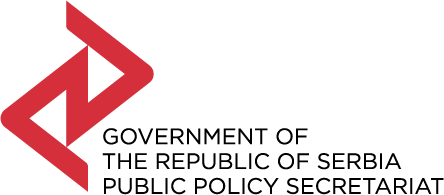Data suggest there is a major potential for the development of this economic branch – since 2012 the area on which organic food is grown in the Republic of Serbia has doubled and reached 13.400ha, the number of producers rose more than six times (from 1,061 to 6.153), while exports increased from 3.77 million to 23.1 million euros. Still, only 0.4% of arable fields is used for organic production, a percentage several times lower than that in neighbouring countries and the EU (Austria 21.3%, Croatia 6.1%, Bulgaria 3.2%). The reason for this lies in legal barriers and inadequate support.
Organic food is cultivated without artificial fertilizers, synthetic pesticides, GMO and hormones, the usage of antibiotics is strictly limited and controlled, and the cause of preserving human health and environment is promoted all along. Thus it takes two to three years to convert the land before the start of organic production, and this further aggravates the situation for producers as they cannot lease the state-owned land due to short time frames.
‘The Month of Organic Food’ is part of a four-year Public-Private Dialogue for Development project, which is funded by the US Agency for International Development (USAID) and implemented by the NALED in collaboration with the Public Policy Secretariat. During the public campaign all the interested parties can forward their suggestions and take part in the dialogue through the website www.jpd.rs, as well as at round tables that will be held in Selenča on 5 December, Užice on 12 December, and Valjevo on 17 December 2018.

